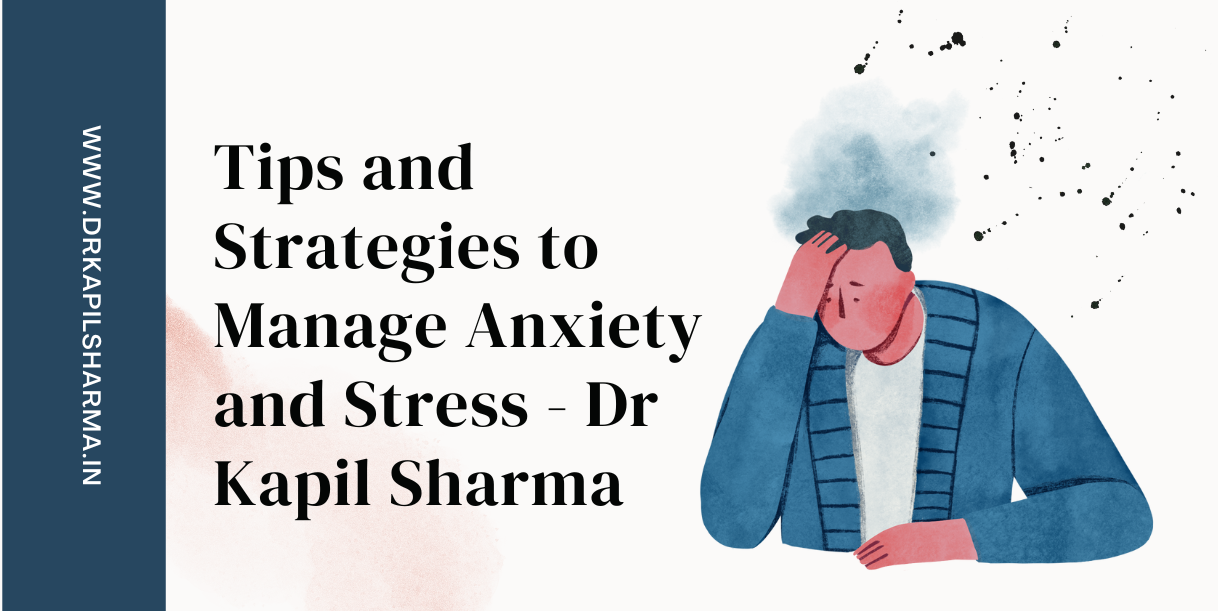
Tips and Strategies to Manage Anxiety and Stress
Anxiety is a common issue that affects many of us. It can range from mild feelings of discomfort to more serious symptoms that can interfere with our daily lives. And while there are medications available to help manage anxiety, we all know that natural remedies are often the best options. Fortunately, there are some simple things we can do to help reduce anxiety and create better psychological health. In this article, we’ll explore some of the tips and strategies you can use to manage your anxiety in a healthy way. Read on for more!
What is generalized anxiety?
Anxiety is a normal emotion that everyone experiences at one point or another. It is a feeling of worry, nervousness, or fear. Anxiety can be helpful when it motivates us to take action. For example, it can help us study for an exam or prepare for a job interview. But when anxiety is constant or overwhelming, it may be a sign of generalized anxiety disorder (GAD).
GAD is a chronic and long-lasting condition that causes people to feel anxious about many things, even when there is no apparent reason to be anxious. People with GAD often feel like they are in a state of high alert and can’t relax. They may have trouble concentrating and sleeping and may feel irritable.
GAD can be difficult to manage on your own. But there are many effective treatments available, including therapy and medication. With treatment, people with GAD can learn how to control their anxiety and live productive lives.
What is social anxiety?
Social anxiety is an intense fear of social situations. It can be triggered by a fear of judgment, embarrassment, or negative evaluation. People with social anxiety often avoid social situations or else endure them with great discomfort. Physical symptoms may include sweating, racing heart, and shaking.
What are common causes for anxiety?
There are many different things that can cause anxiety. Some people have anxiety because of a specific event or situation (such as public speaking), while others have chronic anxiety that is not triggered by anything in particular. There are also many medical conditions that can cause anxiety, such as an overactive thyroid gland or certain types of heart disease.
Stress is also a common trigger for anxiety. This can be caused by work, family, or personal problems. It can also be caused by something physical, such as an illness or injury.
Anxiety can also be caused by some medications, such as corticosteroids (used to treat conditions such as asthma and allergies) and beta-blockers (used to treat high blood pressure and heart conditions). You can contact to the best psychiatrist in Jaipur.
What are self-care tips to help manage anxiety?
When it comes to managing anxiety, self-care is key. Here are some simple tips to help you keep anxiety at bay:
- Get enough sleep. A good night’s sleep can make a world of difference when it comes to managing anxiety. If you’re having trouble sleeping, try some relaxation techniques before bedtime.
- Eat a healthy diet. Eating nutritious foods helps your body and mind to function at their best, which can in turn help to reduce anxiety levels.
- Exercise regularly. Exercise releases endorphins, which have mood-boosting effects. Even just a moderate amount of exercise can help to alleviate anxiety symptoms.
- Take breaks throughout the day. When you’re feeling overwhelmed or anxious, take a few minutes to yourself to relax and rejuvenate. Step away from your work, take a walk outside, or just take some deep breaths.
- Connect with loved ones. Spending time with loved ones can help reduce stress and promote feelings of happiness and calmness.
When should you see a professional?
There are a number of different factors that can contribute to anxiety, and it can be difficult to manage on your own. If you are struggling to cope with anxiety, it may be time to seek professional help.
There are a few key signs that indicate it may be time to seek professional help for anxiety. If you find that your anxiety is interfering with your ability to function in day-to-day life, or if you are using alcohol or drugs to self-medicate, these are both red flags that indicate it is time to get help.
If you have tried managing your anxiety on your own but haven’t been successful, professional help may be the next step. A therapist can work with you to identify the root cause of your anxiety and develop a treatment plan.
Don’t suffer from anxiety alone – if you need help, reach out to a professional today. You can consult the best Anxiety treatment doctor in Jaipur.
Conclusion
Anxiety is one of the most common mental health issues that people face today. It can be very difficult to manage, but there are some simple tips you can use to help manage it. Taking deep breaths, limiting your caffeine intake, and getting regular exercise are just a few of the things you can do to help reduce anxiety levels in your life. By making small changes now, you will be able to create a healthier lifestyle for yourself and feel more relaxed overall. With so many resources available online and from healthcare professionals, managing anxiety doesn’t have to be an impossible task!

